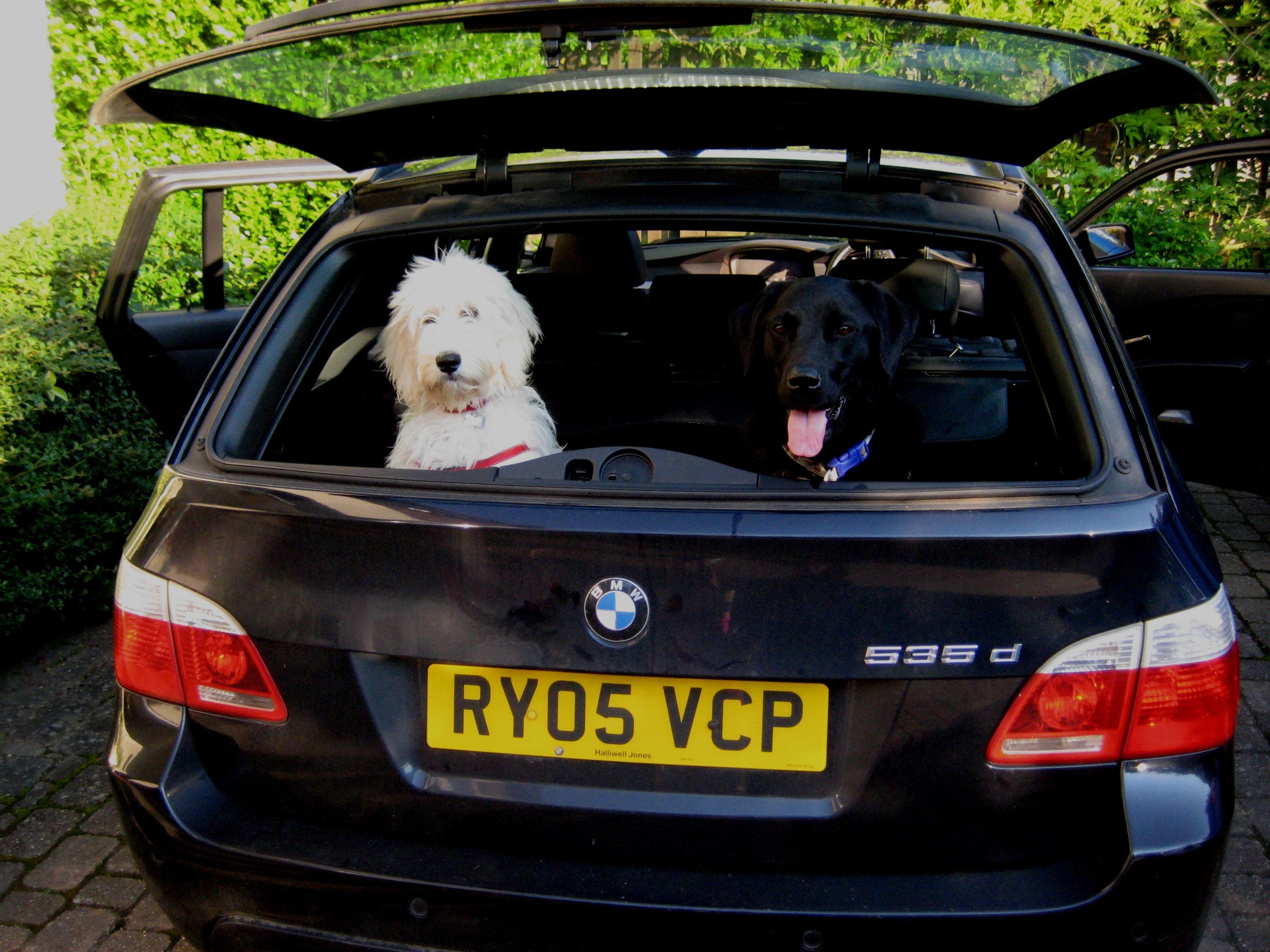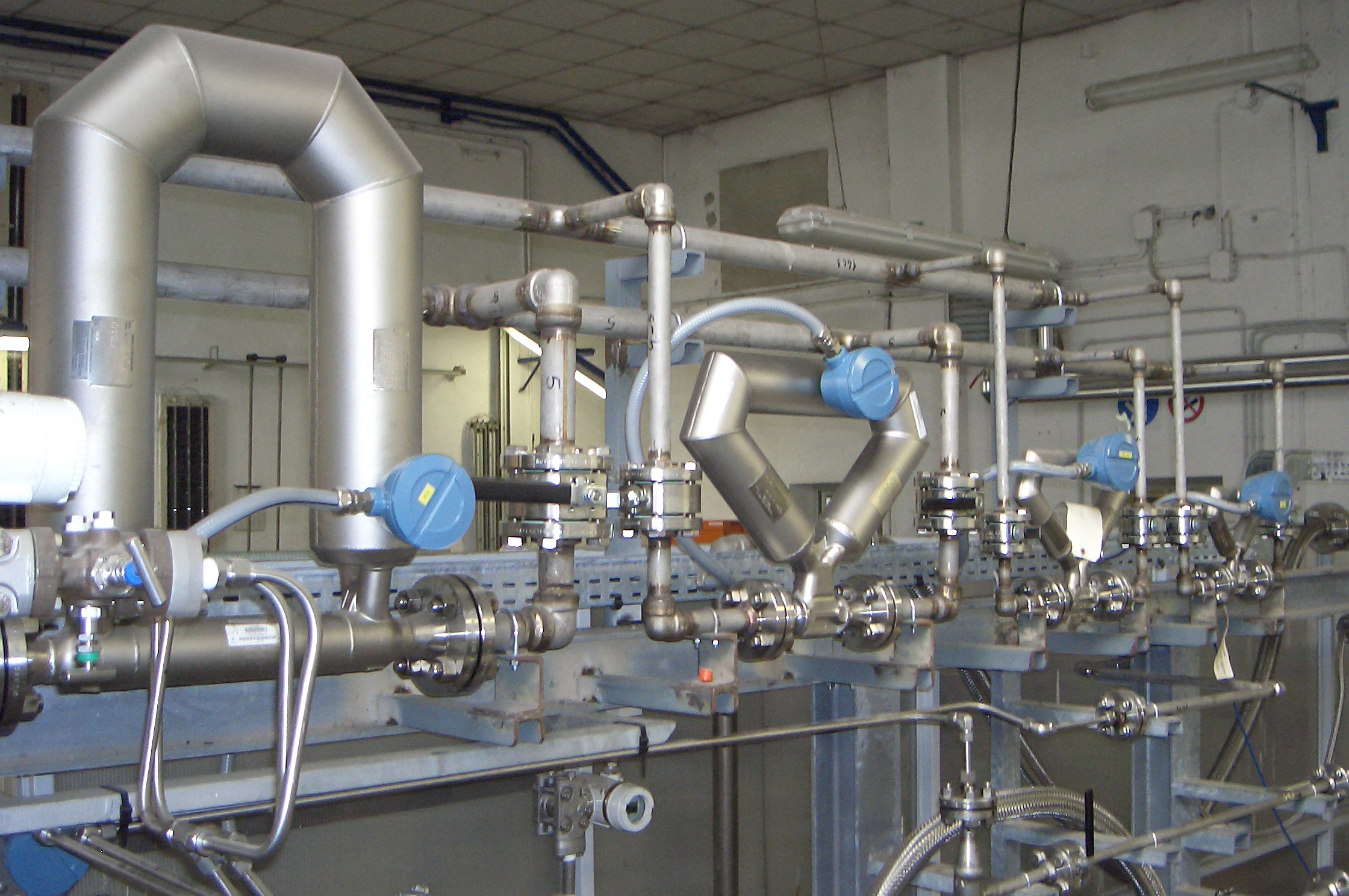 Our BMW is nearly 8 years old now. It’s been brilliant, and it’s had to put up with a lot from a growing family, and now a dog with an affinity for mud and water.
Our BMW is nearly 8 years old now. It’s been brilliant, and it’s had to put up with a lot from a growing family, and now a dog with an affinity for mud and water.
It’s about this age when cars generally - regardless of the manufacturer - begin to reveal some of the longer-term glitches to owners and manufacturers send letters to notify people like me that “there is an extremely small chance that you may experience a problem with the battery wiring in the luggage compartment, and please would I contact my local dealer at my earlier convenience where they will be glad to examine and fix any potential problems without charge…”
If I wanted to sell my car (probably to someone who doesn't read this blog!), then I have a choice:
- Sell them the car, and give the new owner the keys and a small pile of vehicle recall notices. These represent all of the lessons about the 535D Touring that BMW and their customers have learned over the past 8 years, so they are, of course, invaluable to the new owner…
- Take the car to the dealer, get the problems fixed for free and the vehicle record updated on their systems. Throw away the recall letters which now have no purpose. Give the new owner the keys.
It’s clear which is the better option. Now let's park the BMW analogy and think about knowledge management (which, coincidentally, BMW are also very good at).
In my experience, many organisations sometimes treat lessons learned like they are an end in themselves – as though the value has to remain in the document - rather than where possible leading to actions which embody the learning. These actions might include updating a process, policy, standard or system has been updated to incorporate the learning, which removes the need to promote the lessons or recommendations to future teams.
So why do some organisations settle for a pile of lessons rather than a set of improvements?
Some possibilities:
- It’s much easier to write a document than see a change through to completion.
- It’s too difficult to find the owner of the process which needs changing.
- I’m measured on how many lessons our project captures.
- We have invested in customizing SharePoint to capture lessons learned documents, and need to show that we’re using it.
- Although I wrote the recommendation, I’m not 100% confident that we should change the process for everyone.
Now don't get me wrong, I'm not decrying any kind of activity to capture lessons learned. Sometimes the learning is such that there is no obvious process or standard which can be changed, and there is no immediate customer for the knowledge. In those cases we need to preserve it in such a way that our learning is expressed as a recommendation for the next team, and is supported with the reason, the narrative, any relevant artifacts and the contact details of the person behind the recommendation. These things all add context to what would otherwise be a recommendation in isolation. The next team then have more background to assess whether this particular recommendation is relevant in their world. I wrote about this on my February posting on dead butterfly collections.
However, I do think it's worth looking at the barriers which prevent people from from translating their personal or team learning into an improvement for everyone. Perhaps we're not selling the idea of lesson-learning in the best way? Hearts and minds, or just minds? Commitment or compliance? Value or box-ticking?
Let's not let the tail wag the dog!



